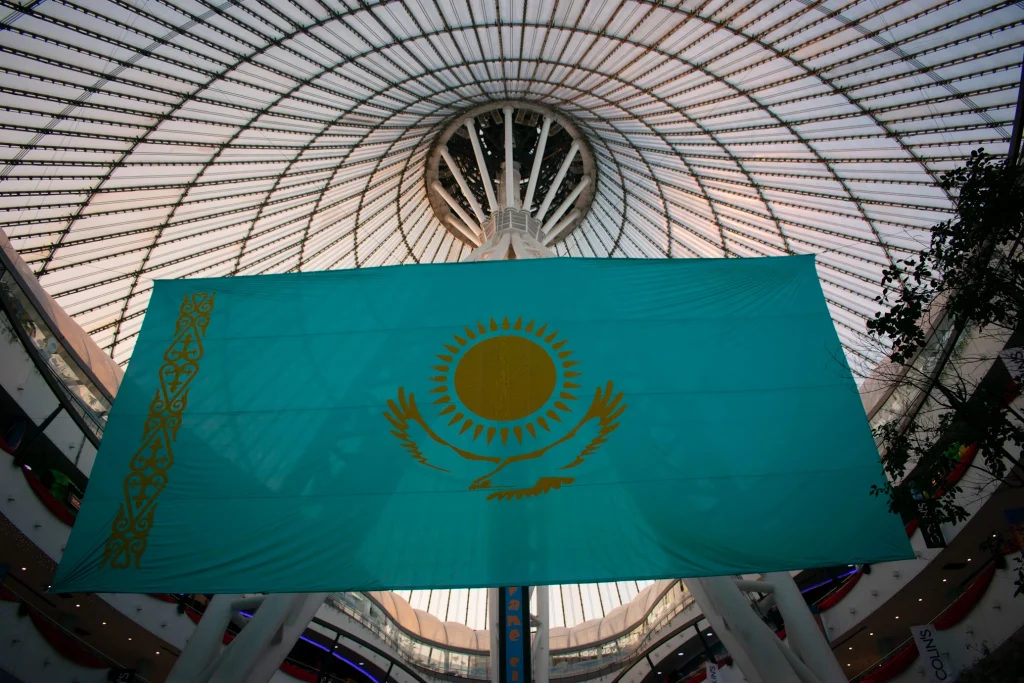
The Kazakh authorities have intensified the fight against money laundering through cryptocurrency, closing more than a hundred illegal sites and tightening the rules for transfers.
Kazakhstan, one of the key crypto centers in Central Asia, has intensified the fight against shadow operations in the field of digital assets. According to the Financial Monitoring Agency (AFM), closed in 2025 130 crypto platformssuspected of participating in money laundering schemes.
the total amount of seized digital assets exceeded $16.7 million.
A week earlier, AFM reported on the confiscation more $642,000related to illegal mining. These measures show that Kazakhstan is striving to develop the crypto market, but does not intend to put up with violations of the law.
New AML Rules: Mandatory Sender Check
To strengthen control over financial flows, the authorities are implementing new Verification requirements for translations.
According to the deputy chairman of AFM Kairat Bizhanov, now replenishment of a bank card in the amount of more than 500,000 tenge (~$925) Requires mandatory confirmation sender ine.
“Previously, the check concerned only the recipient. Now the possibility of verifying transactions through mobile applications or SMS is being considered,” the official noted at the government meeting (quote from baq.kz).
3.5 times more sites were closed in 2025 than a year earlier
For comparison: in 2024 was liquidated only 36 such exchanges, and in 2025, the number increased almost four times.
Agency representatives stressed that we are not talking about centralized exchanges (CEX), but about small exchangersoperating outside the legal field.
According to Astana Financial Services Authority (AFSA), the official license in Kazakhstan currently have 20 crypto companies, among which bybit and Whitebit.
Kazakhstan is building a cryptostate
the country is actively introducing innovations: from Regulatory fees in stablecoins (USDT) Before launch the first bitcoin fund in the region. In addition, the government is preparing State Crypto Reserve.
It is not yet clear whether the seized $16.7 million sent to this fund – the legal framework of the project is still under development.








 Cryptol – your source for the latest news on cryptocurrencies, information technology, and decentralized solutions. Stay informed about the latest trends in the digital world.
Cryptol – your source for the latest news on cryptocurrencies, information technology, and decentralized solutions. Stay informed about the latest trends in the digital world.